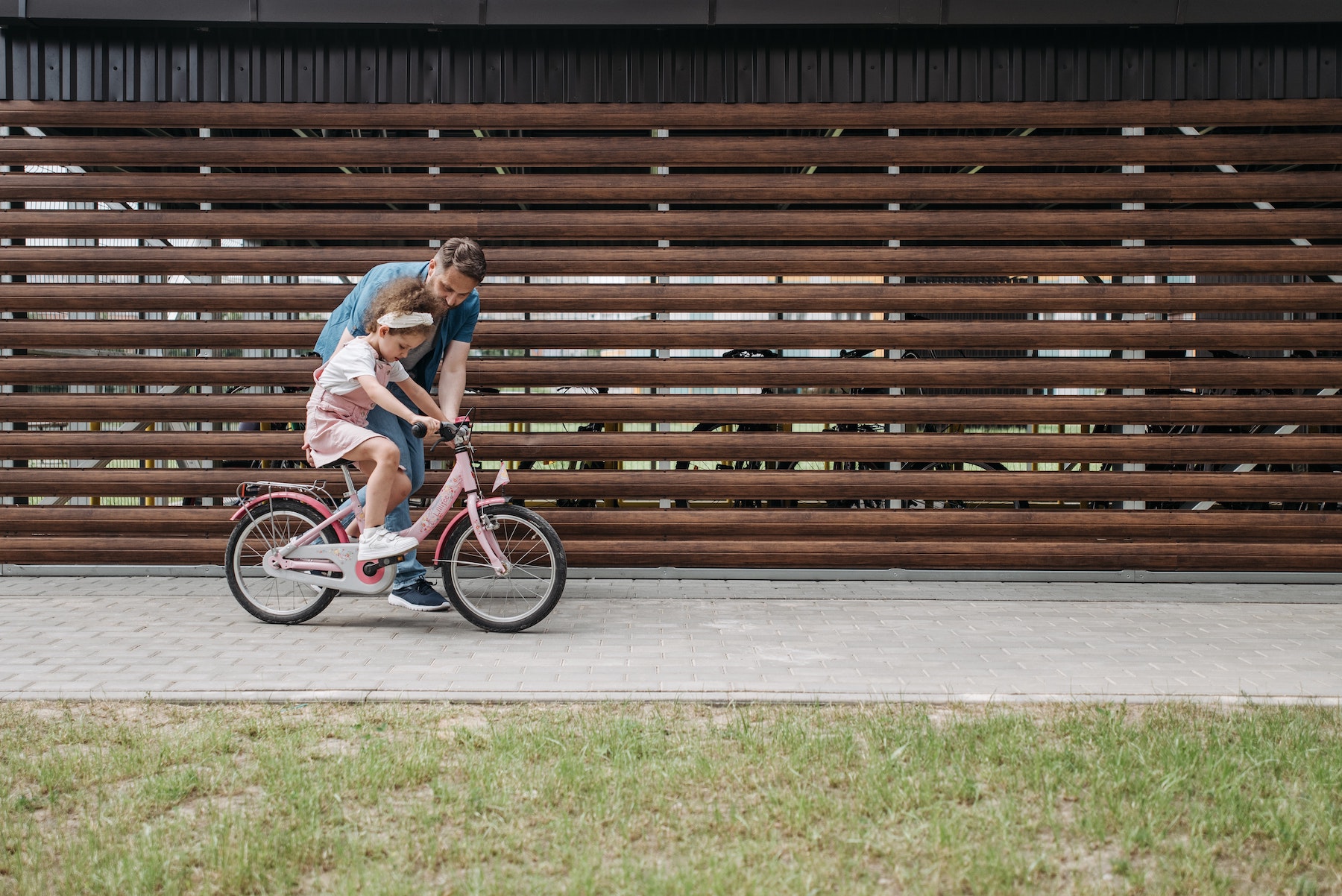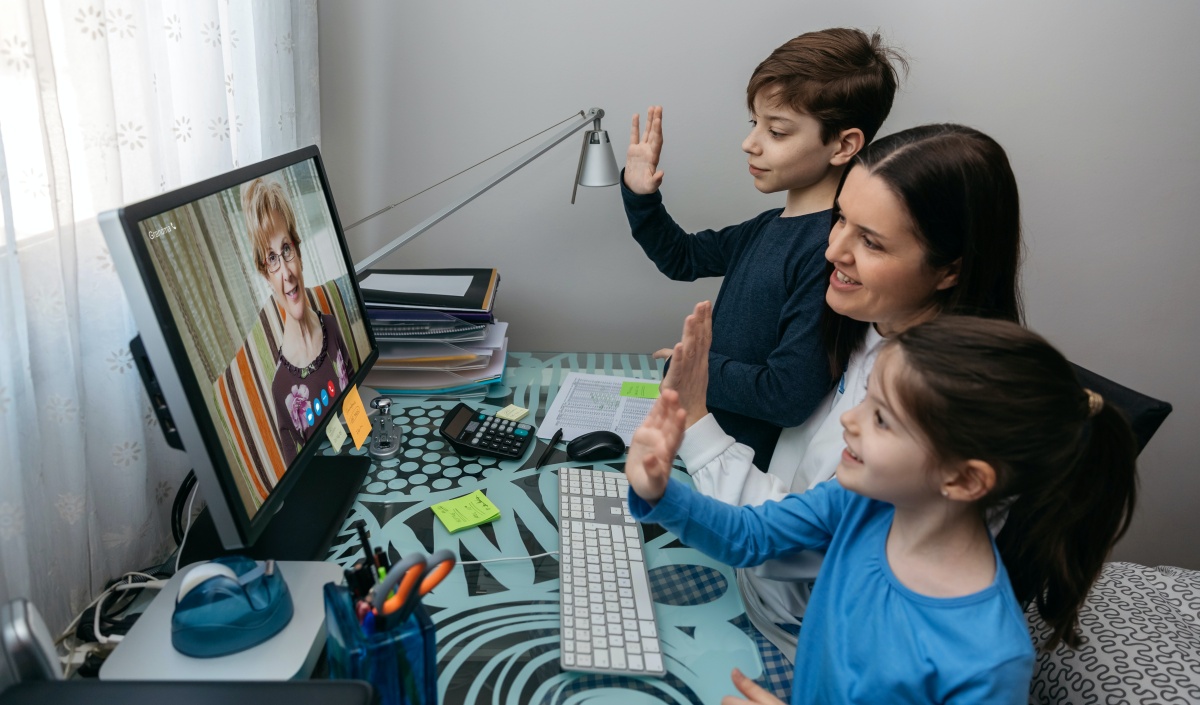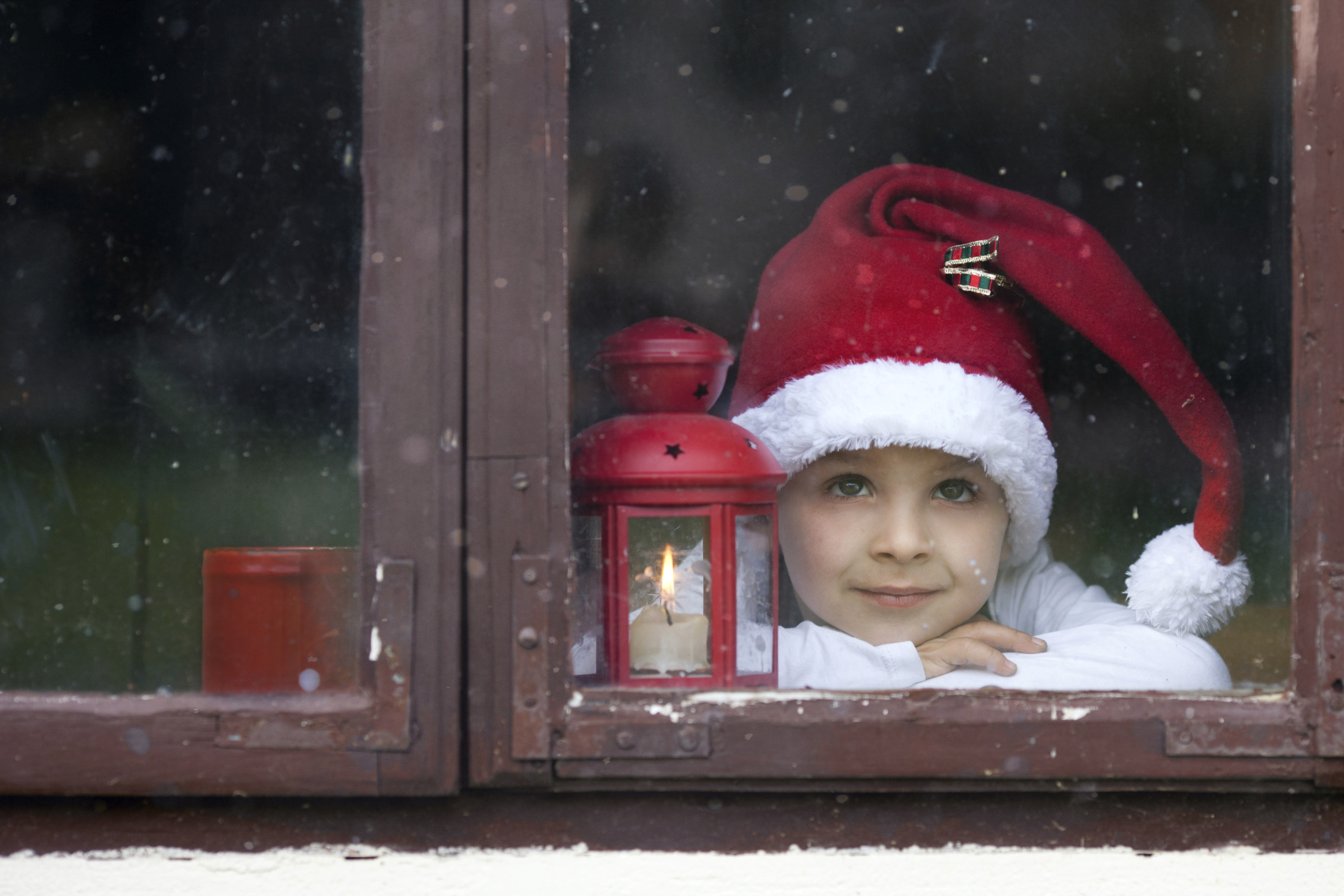
Nothing can prepare a parent for the death of a child. Losing a child is devastating for the parents, family, and all who knew the child. Siblings, in particular, have a hard time coping with the loss of a brother or sister, so much so that grieving siblings are sometimes referred to as “forgotten mourners” because their grief can sometimes be overshadowed by the pain of other family members.
While grieving such a shattering and permanent loss themselves, it is normal for parents to feel completely overwhelmed and unsure of how to help their children. The range of emotions that kids and teens experience after the death of a loved one can feel like an emotional roller-coaster ride for the entire family. Surviving sibling(s) may begin to act out, be quick to anger, or withdraw from family and friends.
While it certainly won’t be an easy process, here are some ways you can help a child cope with the loss of their sibling.
Give Them Space to Grieve in Their Own Way
No matter the cause of their sibling’s untimely passing, your child may struggle to understand his or her own grief process—even if they’ve experienced a previous loss. Especially for younger children who may not understand death, it’s important to let them grieve in their own way.
Everyone, from adults to children, mourn loss in their own way. Kids and teens, in particular, may process their grief in multiple, varying ways. For them, this is the loss of what they believed would be a long-term (lifetime) relationship. Give your child the space to decide how they mourn, not how you think they should mourn.
When it comes to grief, it’s hard to not know what is best for our kids. If one day they mourn by wanting to look at photos of their sibling, let them. Then the next day, if they want to shut themselves in their room and be alone, that’s ok too.
There is no right or wrong way to mourn. However, giving a child the space to process and remember their sibling how they want to will help them to heal.
Their Emotions Will Be All Over the Place
Just like adults, kids will experience a range of emotions while processing grief. The feelings and thoughts of children are often more intensified during periods of grief. Grief in children can look like sadness, anger, or significant guilt as they reflect on the not so pleasant past exchanges—such as petty fights or name calling. Grieving children may also show no emotion, nor continuing to laugh or play.
You see, grief is complicated. And there is no roadmap for how to grieve the loss of a sibling. Your younger child may randomly ask if it’s too early to start on their Christmas list (when it’s just August) whereas your older teen may frequently and aggressively lash out.
Surviving siblings who shared a room or enjoyed an especially close relationship with the sibling that died may experience deep loneliness and even waves of insecurity. Anticipate periods of profound grief during the holidays and around the anniversary date of the loss. Remind your child that emotions have to be expressed and distracting ourselves from the grief process will only prolong the pain.
Again, no matter how your child is experiencing their grief, let them process it in their own way. Those emotions are a normal part of the grief process. It can even be healthy for a kid to experience a range of emotions in coping with grief.
Encourage Healthy Ways to Relieve Pain
The pain of losing a sibling is often so intense, many kids will try to alleviate their pain in unhealthy ways. For example, they may try to numb the pain by kicking or punching things. Or, they may even resort to self-harming to help numb the pain with something else.
Even if your child’s reaction does not include self-harm, studies show that the death of a sibling can negatively affect the surviving child’s mental health, behavior, self-esteem, and academic progress.
You can help a child cope with this significant loss by encouraging healthy ways to express their emotions. Even if it is only for temporary relief, teaching them positive coping skills will help them in the long run.
From art to music or experiencing nature, you can teach them healthier ways to help alleviate the pain. Also, remember that grief can be experienced collectively. Sharing thoughts and emotions with each other as a family can help your child work through his or her individual pain collectively. In addition, encouraging kids to journal about how they are feeling can work wonders for the healing process.
Help Them Remember Their Sibling
One of the biggest losses anyone can experience is the loss of a brother or sister, yet it is also one of the most neglected types of grief since the focus is usually on the parents. Sentiments and condolences often go to the parents rather than the child who lost their sibling. Depending on the age and the maturity of your child, consider inviting them to take part in the planning of the memorial service or future celebrations honoring the deceased sibling.
A child needs to be allowed to remember their sibling and know others do too. Unfortunately, as the family tries to return to a normal routine, know that it is common for a child to interpret this as no one is thinking about their lost sibling anymore.
Encouraging your child to engage in tangible and creative means of expressions, like designing a digital photo album or planting a tree or starting a scrap-book can be helpful. Try to incorporate memories or conversations about their sibling every day. You can remind them of their sibling and let them know they will never be forgotten in little ways. Not only will it help the child, but you may also find healing in remembering.
Normalize Getting Help
Grieving the loss of a sibling can be a traumatizing experience. This trauma can produce symptoms of anxiety and depression. This is normal and to be expected following the loss of a sibling. However, unresolved and unrelenting distress can negatively impact the way the child grows up.
The death of a sibling can be a lot to handle alone, especially for a child. Grief counseling can help your kid or teen to process and interpret their own emotions, thoughts, and behaviors resulting from their loss. Working with a licensed therapist who has this type of specialty and experience will make your child’s journey to healing and into adulthood smoother. Before beginning therapy, it is important that your child knows that you aren’t trying to force them to “get over it” or move on quickly. Instead, it is just a place (a container, if you will) to help them understand, process, and unpack their grief.
If your family has experienced a loss and your child is mourning a sibling, grief counseling can help. If you need additional support with a kid or teen struggling with depression or despair following a significant loss, consider a book resource. In the book, Seen: Healing Despair and Anxiety in Kids and Teens Through the Power of Connection, simple but powerful connection tools are outlined that will guide parents and caring adults to help kids and teens feel seen in the midst of despair.




